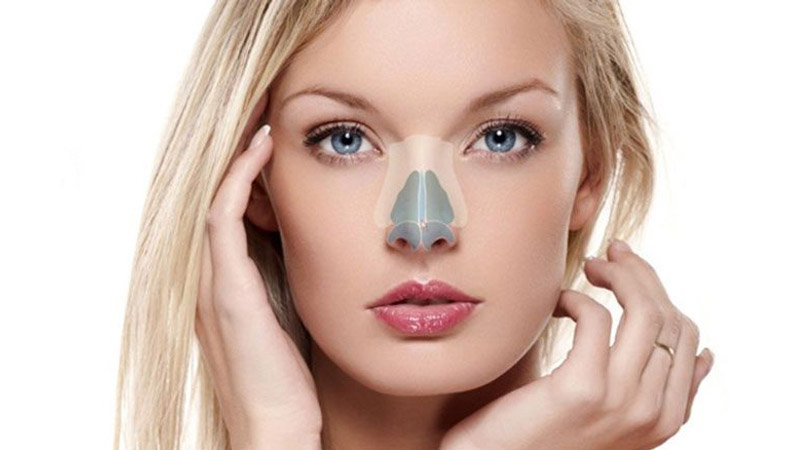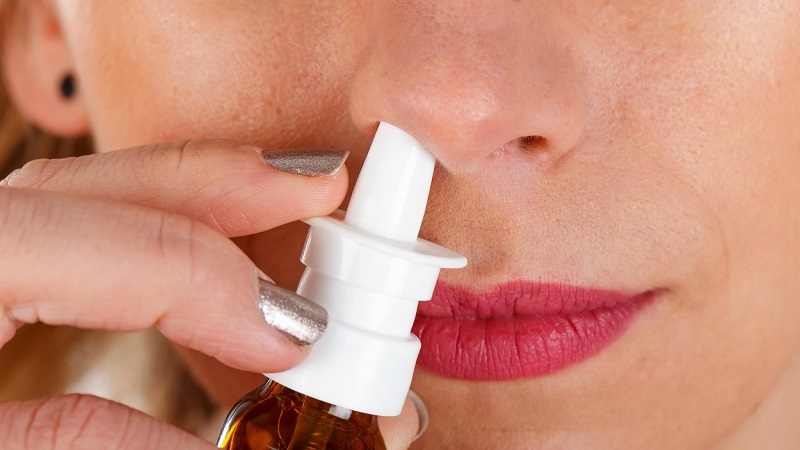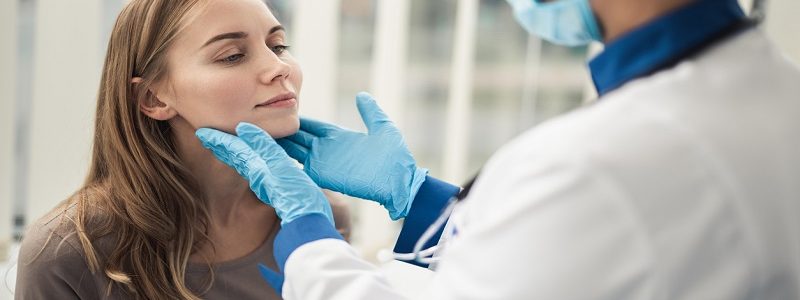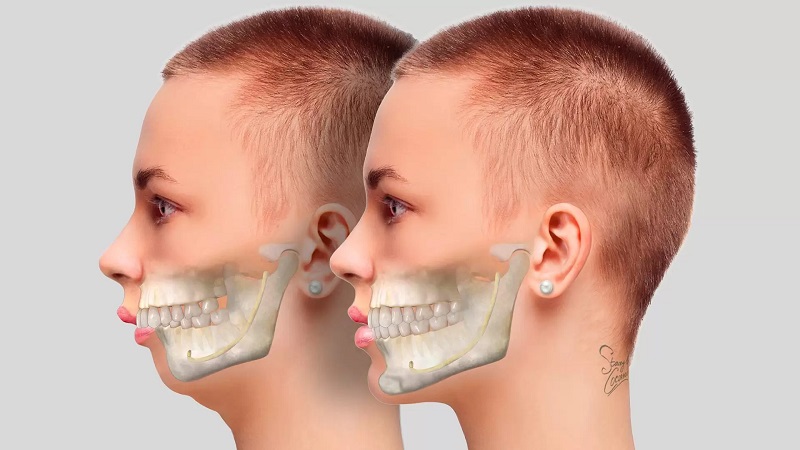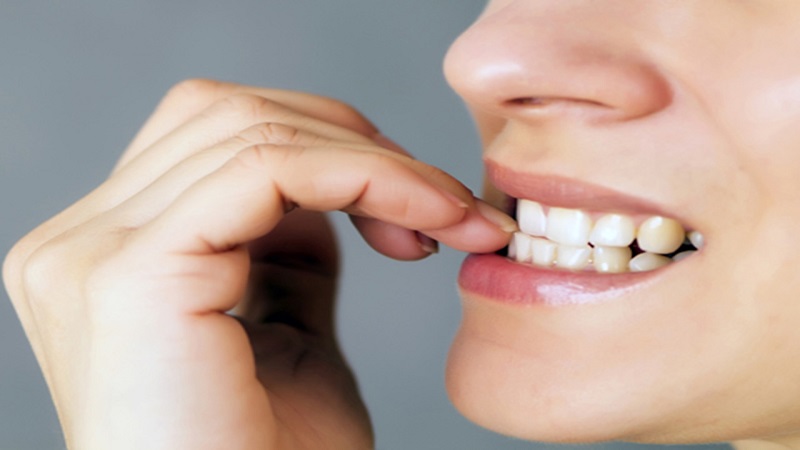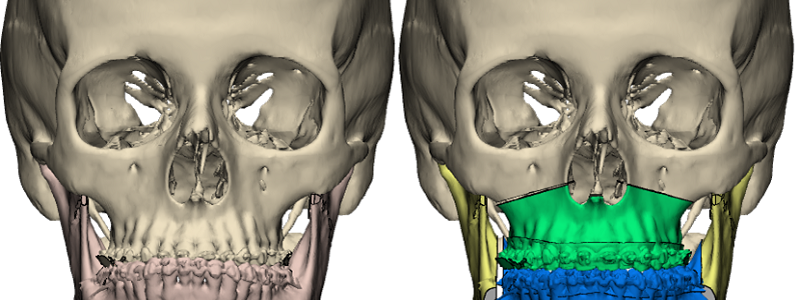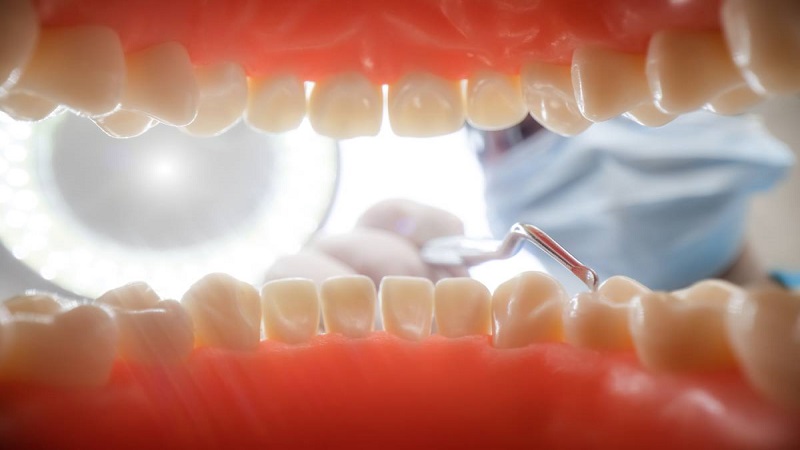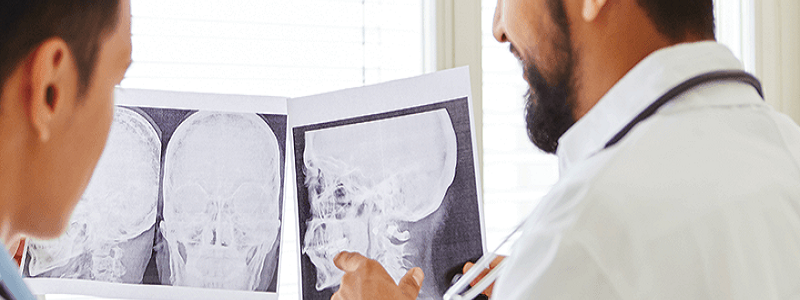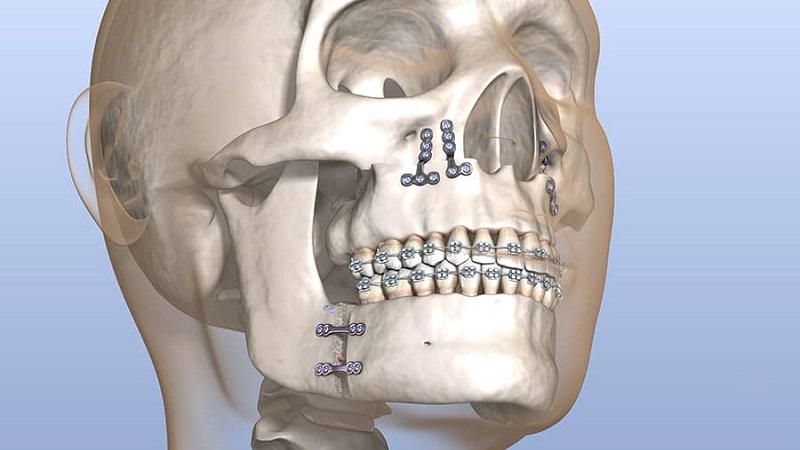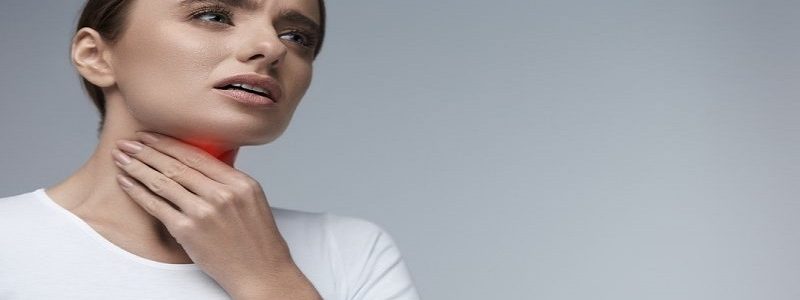Investigating suture care methods after nose surgery
Taking care of the suture site after nose surgery shortens the recovery period and on the other hand, increases the patient's satisfaction with the surgical result.. In the continuation of today's article, the site of Dr. Behnam Khorrami (Best of nose surgery ŌĆō Jaw surgeon of Isfahan) ž▒┘łž┤ŌĆī┘枦█ī ┘ģž▒ž¦┘éž©ž¬ ž¦ž▓ ž©ž«█ī┘ćŌĆī ž©ž╣ž» ž¦ž▓ ž╣┘ģ┘ä ž©█ī┘å█ī ž▒ž¦ ┘ģ┘łž▒ž» ž©ž▒ž▒ž│█ī ┘éž▒ž¦ž▒ ┘ģ█ī ž»┘ć█ī┘ģ.
Cough and sneeze control
The next case is common Sneezing and coughing Pressure is applied to the sutures and may cause them to tear. For this reason, it is recommended to keep the mouth open when sneezing and coughing after the operation so as not to put pressure on the stitches..
Drying the sutures
┘ģž▒žĘ┘łž© ┘ģž¦┘åž»┘å ž¼ž¦█ī Suture After the operation, it causes the stitches to become infected and cause problems for the person. For this reason, it is necessary to clean and dry the skin carefully to avoid complications.
Limit activities
After rhinoplasty, it is necessary to limit one's activities for 2 to 3 weeks and not do heavy exercise. Because in this case, the suture site becomes swollen and painful.

pulling stitches
After about 10 days, the rhinoplasty doctor pulls the stitches of the nose operation. Usually, this procedure is painless, but if the person's pain tolerance threshold is low and he cannot bear it, the doctor can use local anesthesia..
Sun protection
Those who have had a nose job should avoid exposure to direct sunlight to protect the wound and sutures. Because sunlight prolongs the wound healing process.
No consumption of alcohol and tobacco
Smoking, hookah, and drinking alcohol are some of the harmful lifestyle habits that delay the recovery of the suture site and slow the healing of the suture site after nose surgery, or leave a scar on the skin..
Useful links: Isfahan nose surgeon _ Jaw surgeon of Isfahan
Dr. Behnam Khorrami's page in the clinic 24 | Maxillofacial surgeon in Isfahan clinic 24 | Nose surgeon in Isfahan clinic 24
Dr. Behnam Khorrami, nose surgeon in Isfahan at Dr. Af | Maxillofacial surgeon in Isfahan at Dr. Af | Isfahan nose surgeon at Dr. Af




